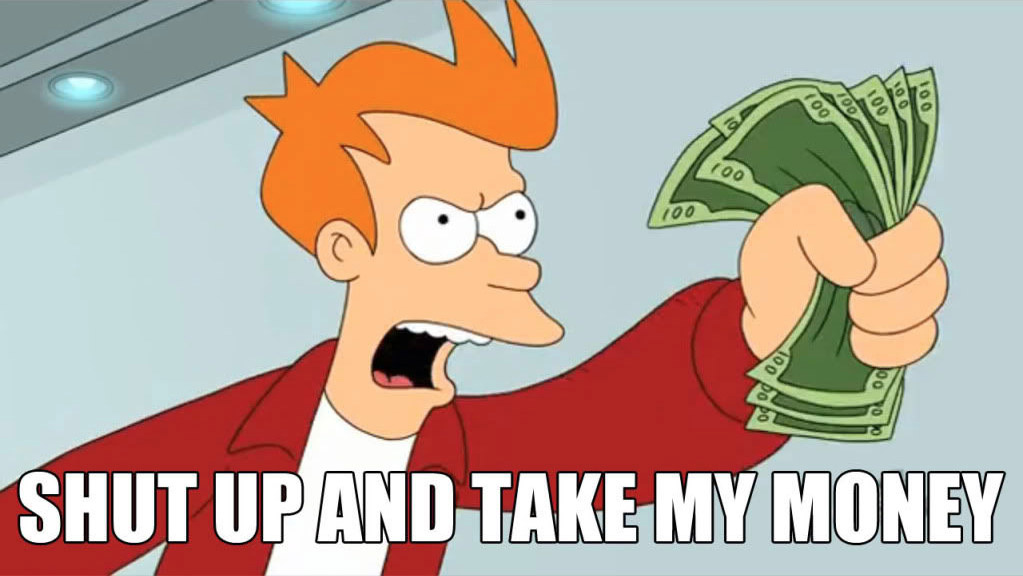@Troy, I was just watching the 2017 MAB interview and was thinking that you’ve got a great style of interviewing. You have an ability to make the guest feel comfortable, you’re very prepared as to knowing their history (you even knew about the song “Long Way Home”), and you ask great technical questions as well. I’m wondering, did you ever formally study how to interview people when you were in college or elsewhere?
Do you think someday when you’ve completely finished accomplishing all your goals regarding “cracking the code” that you might have an interest in having a talk show or a podcast in which you interview musicians and other people in the music business such as producers, sound engineers, and talent scouts for record labels? I bet you’d do well at that.



